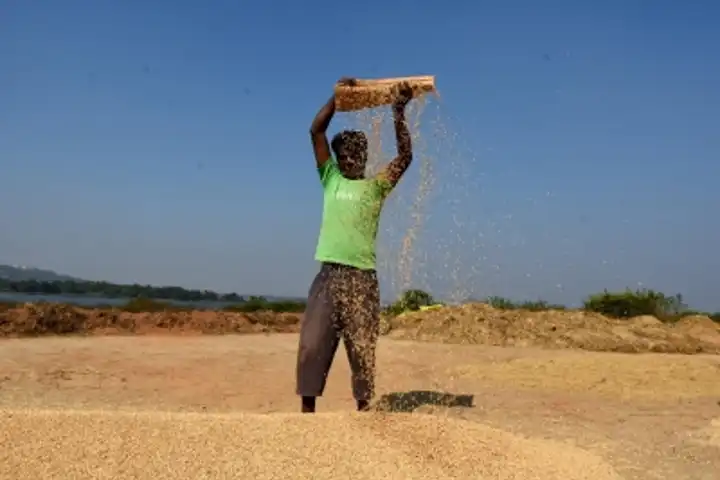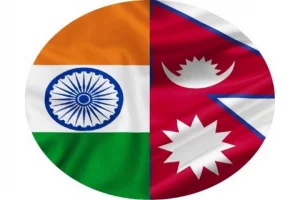As India’s overall rice exports increased by a handsome 80 per cent in 2020, it has once again become the largest supplier of the staple grain to Africa amid concerns over food security owing to the Covid 19 pandemic. Over 65 per cent of Africa’s total rice needs is being met by India.
While prior to the outbreak of the Covid 19 pandemic, China had increased exports of rice to Africa and had overtaken India in several African markets, Beijing has not managed to sustain the export quantum due to heavy floods in the country that dented production.
Chinese State agency COFCO, in fact, was aggressively looking to acquire new markets in Africa “to liquidate old stocks of 3-4 million tonnes.”
Though the entry of cheaper Chinese rice into the African markets created some problems for Indian exporters, sources said that the move was to do away with old stocks.
Also read: Is India consolidating in Africa as China's influence recedes?
Since 2020, China’s rice exports have remained almost static while its imports have surged which led to Indian exporters regaining the lost ground.
“India is the key supplier of non Basmati rice in Africa, which is a price sensitive market. Our pricing is suited not just for Africa but also other countries,” Vinod Kaul, executive director, All India Rice Exporters’ Association told India Narrative. Guinea, Cote D Ivoire, Somalia are among the countries that import primarily from India.
According to Africa Business Pages, the continent accounts for 20-30 per cent of the total global imports. The rapid growth of Africa in the international rice trade business is due to its high consumption of rice as a food source in Sub-Saharan Africa, it said.
Africa's dependence on India for rice supplies could even increase in the coming years, especially as supplies from other rice exporting countries such as Thailand and Vietnam had been impacted significantly.
A report published in July by Business Wire said that the coronavirus outbreak has caused serious implications on the production and trade of several commodities in the global market, particularly in Africa. The World Bank noted that Covid-19 impacts have led to severe and widespread increases in global food insecurity, affecting vulnerable households in almost every country, with impacts expected to continue through 2021 and into 2022.
Also read: India must work out a mechanism to be part of Africa's mega trade deal
“In such cases, price plays a key role and the price for Indian rice continues to be lower than other markets,” Kaul said.
Demand for rice is growing at more than 6 per cent per year – faster than for any other food staple in sub-Saharan Africa, because of population growth, urbanization and changes in consumer preferences, Africa Rice Center, an agricultural research center said.




















